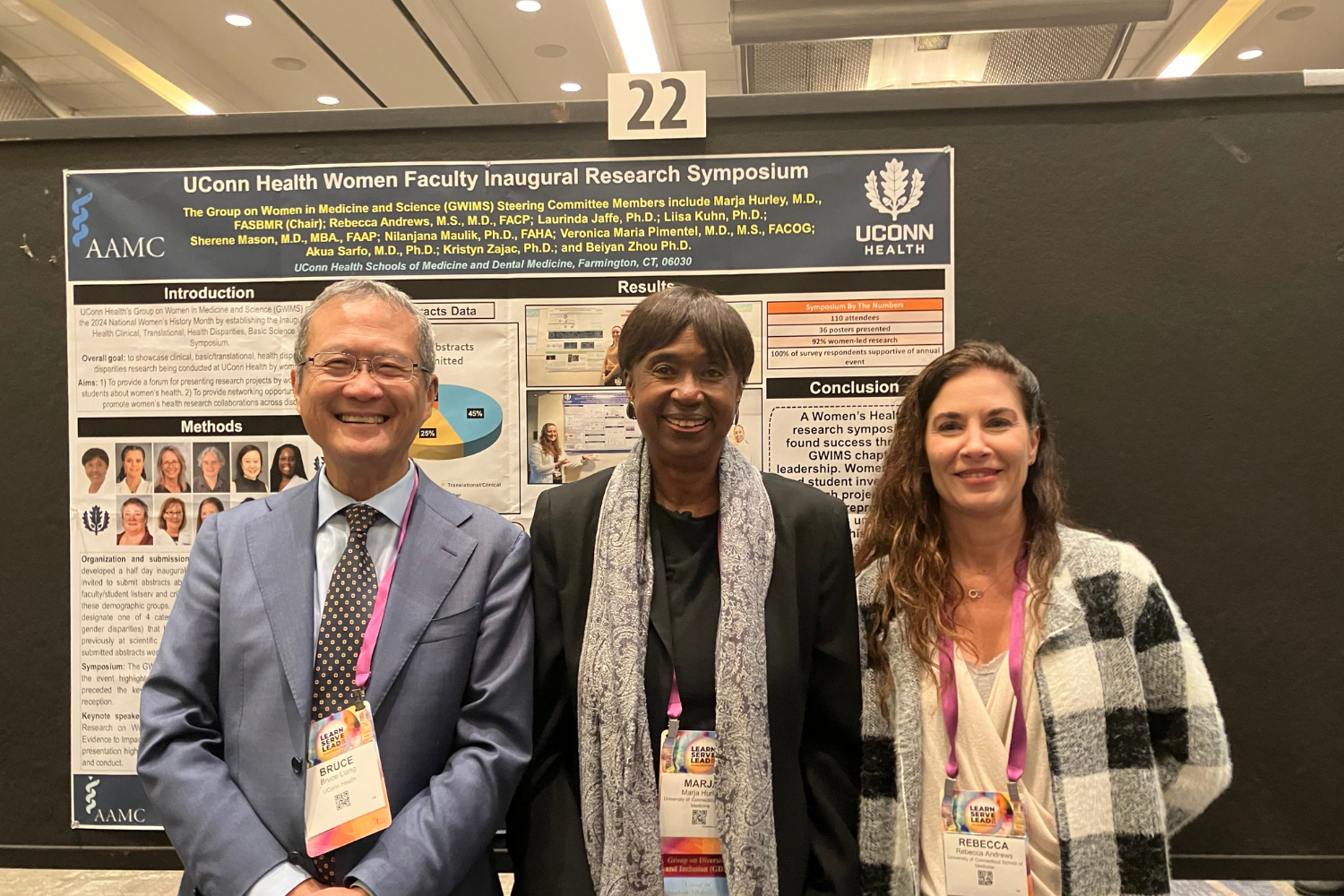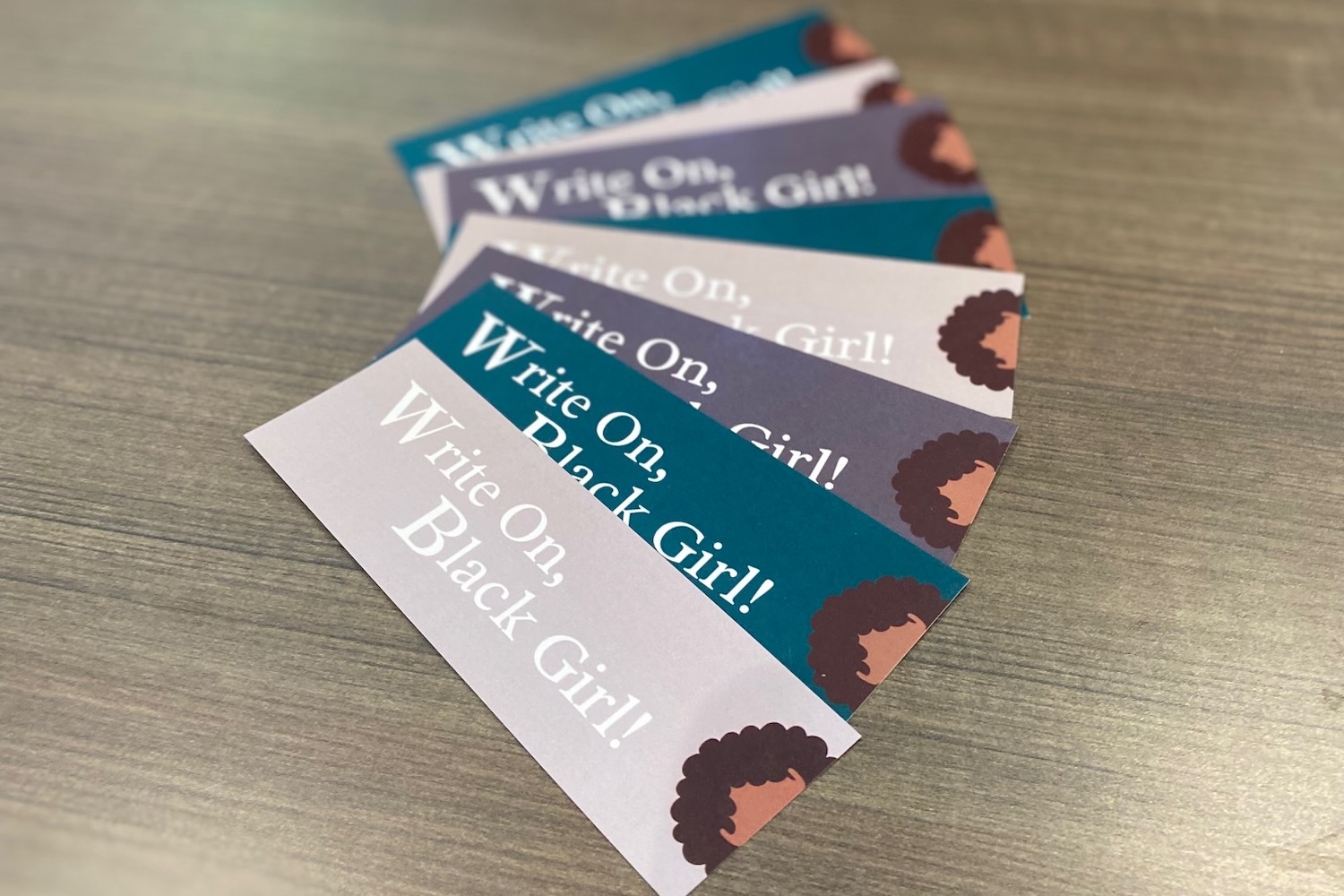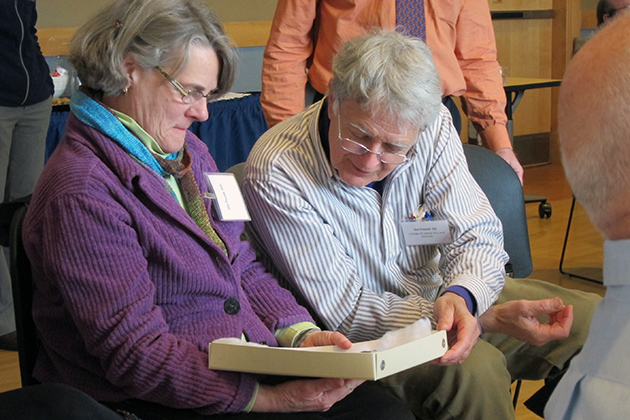
Alumni from around the Northeast gathered at the Student Union last week for the University’s first Alumni College Experience day, hosted by the College of Liberal Arts and Sciences.
“Who wouldn’t want to come back to campus and learn something?” said Gail Desmond, wife of Giles “Bud” Desmond ’55 (CLAS), at the event.
The program, which invites alumni back to Storrs to attend lectures and discussions by prominent faculty, included three presentations by professors in the College, centered around the theme “New England: Past, Future, and Today.”
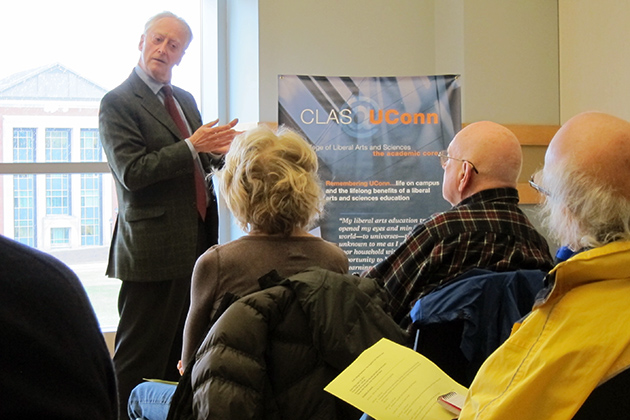
Five professors of history, ecology, geoscience, and molecular biology spoke on a range of topics, including Henry David Thoreau’s Walden; the geology of Connecticut; and how the state fits into the international biotech picture.
This mix of topics, said Peter Roberts ’69, was what interested him and his wife Nancy. Roberts majored in history and also took courses in engineering, and he has spent his career working in technology.
“It sounded like a really fun thing to do – you get a taste of everything,” Nancy Roberts said. “We were interested in the mix of different subjects.”
Robert “Thor” Thorson, professor of geosciences and ecology and evolutionary biology, and Robert Gross, the Draper Chair of Early American History, spoke on topics from their jointly-developed interdisciplinary course, “Walden and the American Landscape.” The course combines elements of culture, sociology, economics, environmental studies, and literature.
Gross, who has been teaching the course since 2006, said that Walden is an excellent example of how these themes have shaped the American experience, and particularly the New England experience.
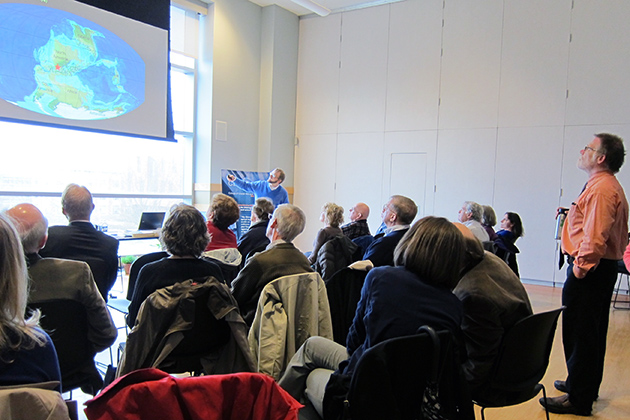
Andrew Bush, associate professor of ecology and evolutionary biology and geosciences, and Eric Schultz, professor of ecology and evolutionary biology, then spoke on “New England: Today.” Bush gave an overview of the geology of Connecticut, a topic of great interest to Bud Desmond. Although he is an actuary by profession, he has always been interested in geology.
“I’ve studied the geology of the Farmington Valley and the Connecticut Valley,” he said. “I grew up in Simsbury, so it’s always been very interesting to me.”
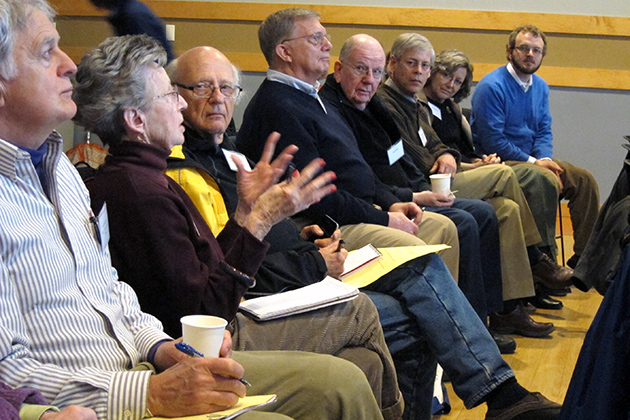
Professor Kenneth Noll of the Department of Molecular and Cell Biology spoke about the potential for Connecticut to be a center for biological science and technology. The discussion, interspersed with audience questions, ranged from how a person’s “microbiome” of bacteria could help save their lives, to how New England might be able to process corn stalks or algae for biofuels.
Noll also talked about his conviction that students of the sciences always benefit from also learning the arts. His breadth of knowledge impressed Nancy Roberts.
“Today’s professors … they can talk, they can write, they can teach,” she said. “It’s really integrated and wonderful.”
Keith Hausman ’64 was particularly interested in the aspects of Noll’s talk dealing with genetics and genome sequencing, saying that he’s amazed at how science is changing our world.
“The talk opened up so many things to think about for our future,” he mused. “It opens up thoughts like, how will science change our grandchildren’s lives?”
Interested in learning more and attending a College Experience program? For more information, contact Caitlin Trinh, director of alumni relations for CLAS: Caitlin.Trinh@uconn.edu.

